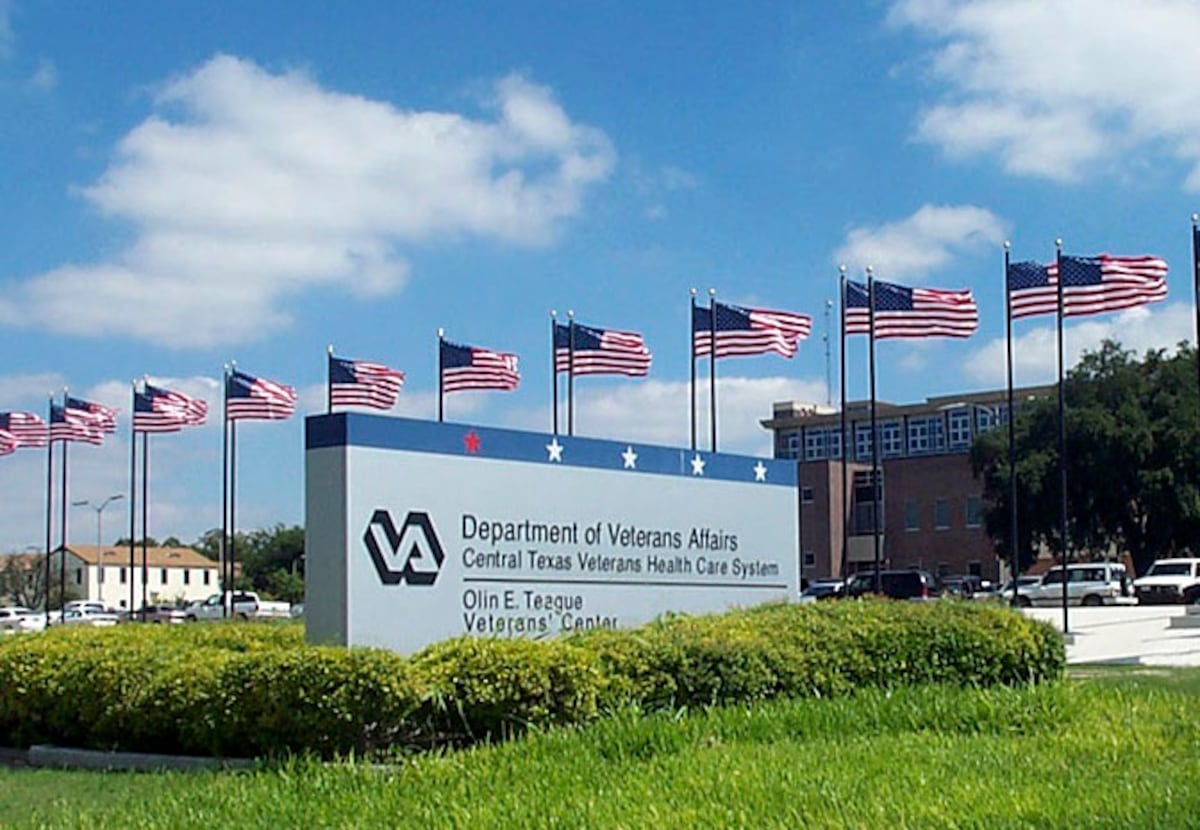Veterans Affairs leaders will ask for $6.6 billion extra in funding for fiscal 2025 to cover the anticipated increased cost of care and benefits over the next 10 months, down significantly from their initial $12 billion request.
Lawmakers were informed of the new budget request Monday. VA Under Secretary for Health Dr. Shereef Elnahal said if lawmakers don’t approve the extra funding by the end of December, the department could face staffing and equipment problems in the new year.
“We do think we’ll run into problems if we don’t get it,” he said. “It takes time to hire additional people and build capacity, which is why we need the money now, as opposed to later in the fiscal year.”
Although the new fiscal year began Oct. 1, Congress has yet to approve the full VA budget for fiscal 2025, which is expected to be above $360 billion. Lawmakers did OK more than $150 billion in advance appropriations for the department last year, allowing operations to continue even in the event of a political stalemate over the budget.
RELATED
Whether Congress will approve the latest funding boost remains unclear.
On Wednesday, VA planners faced sharp criticism from members of the House Appropriations Committee over their initial budget supplemental request, announced in August, which called for $12 billion in additional support.
Elnahal and other department leaders acknowledged errors in those initial estimates, which were based on increased rates of health care usage and benefits delivery to veterans in recent months.
Congress rushed through $3 billion in emergency funding ahead of the end of fiscal 2024 to ensure that veterans benefits were not interrupted, but most of that money went unspent. Lawmakers accused VA leaders of causing a panic over canceled services with their initial high estimates and demanded reforms in future budgeting processes.
About $2.5 billion in carryover money is included in the new estimates, putting the total of extra funding anticipated by VA planners at around $9 billion.
Elnahal said nearly $3 billion of that total are focused on staffing issues alone. Another $600 million will be dedicated to equipment upgrades delayed for fiscal reasons from last year.
Reductions in employee costs, outside care referrals and other anticipated expenses led to the budget revisions, he said. Given the past criticism, Elnahal said he expects scrutiny from Congress, but also support when it comes to fully funding veterans’ needs.
“I’m ready and available to come and defend our request,” he said. “We’ll be available for questions on all of our assumptions and the methodology. And we’re going to be offering briefings next week to all of our committees.”
The department has seen record-high benefits approvals and medical services usage by veterans of late, thanks in part to changes in eligibility rules approved by Congress in recent years.
VA saw its highest level of health care appointments ever in fiscal 2024 at about 127.5 million, up 6% over the previous fiscal year. More than 796,000 veterans have enrolled in VA health care over the last two years, up 37% over the previous two years.
Elnahal said that growth is expected to continue into the next administration, which takes office in late January.
Lawmakers must pass a federal budget bill by Dec. 20, when a short-term funding extension is set to expire. House and Senate leaders have signaled that they will likely push many of the full-year funding decisions until after the next administration and Congress are seated, but could approve some funding boosts as part of a budget extension.
Leo covers Congress, Veterans Affairs and the White House for Military Times. He has covered Washington, D.C. since 2004, focusing on military personnel and veterans policies. His work has earned numerous honors, including a 2009 Polk award, a 2010 National Headliner Award, the IAVA Leadership in Journalism award and the VFW News Media award.
Read the full article here








